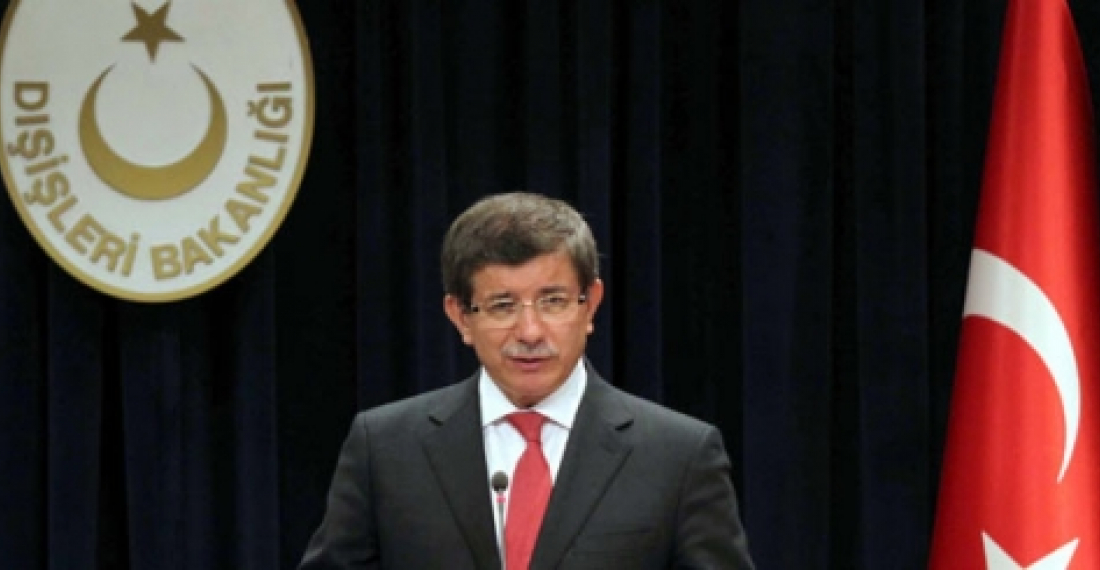Turkey has called for the removal of France from the Chairmanship of the OSCE Minsk process which spearheads the efforts of the international community to find a political solution to the conflict in and around Nagorno-Karabakh involving Armenia and Azerbaijan. Turkish Foreign Minister Ahmit Davitoglu has said in an interview with CNN Turk that Turkey will push either for the removal of France from the co-Chairmanship of the group or for the inclusion of Turkey as the 4th co-chair. At the moment the group is co-Chaired by France, the United States and Russia, represented by Ambassador Jacques Faure (France), Ambassador Igor Popov (Russian Federation), and Ambassador Robert Bradtke (United States).
The other members of the Minsk Group are Belarus, Germany, Italy, Sweden, Finland and Turkey as well as Armenia and Azerbaijan and, on a rotating basis, the OSCE Troika - currently Ireland, Lithiuania and Ukraine.
Commonspace.eu political editor said in a comment that the Turkish challenge comes at a difficult moment for the OSCE Minsk Process. "There is already unease in international circles at the failure of the process to deliver any results in the Karabakh conflict settlement process. A challenge to the chairmanship of the process from within the Group will further undermine its credibility. However changing the format of the process will not be easy given that the OSCE works on the consensus principle. The opinion of Armenia and Azerbaijan on the issue will be very important, and not surprisingly their views are diametrically opposed. A lot will depend on the extent to which Azerbaijan will support Turkey in its initiative."
source: commonspace.eu
photo: Turkish Foreign Minister Ahmet Davitoglu (picture courtesy of the Turkish Foreign Ministry)







